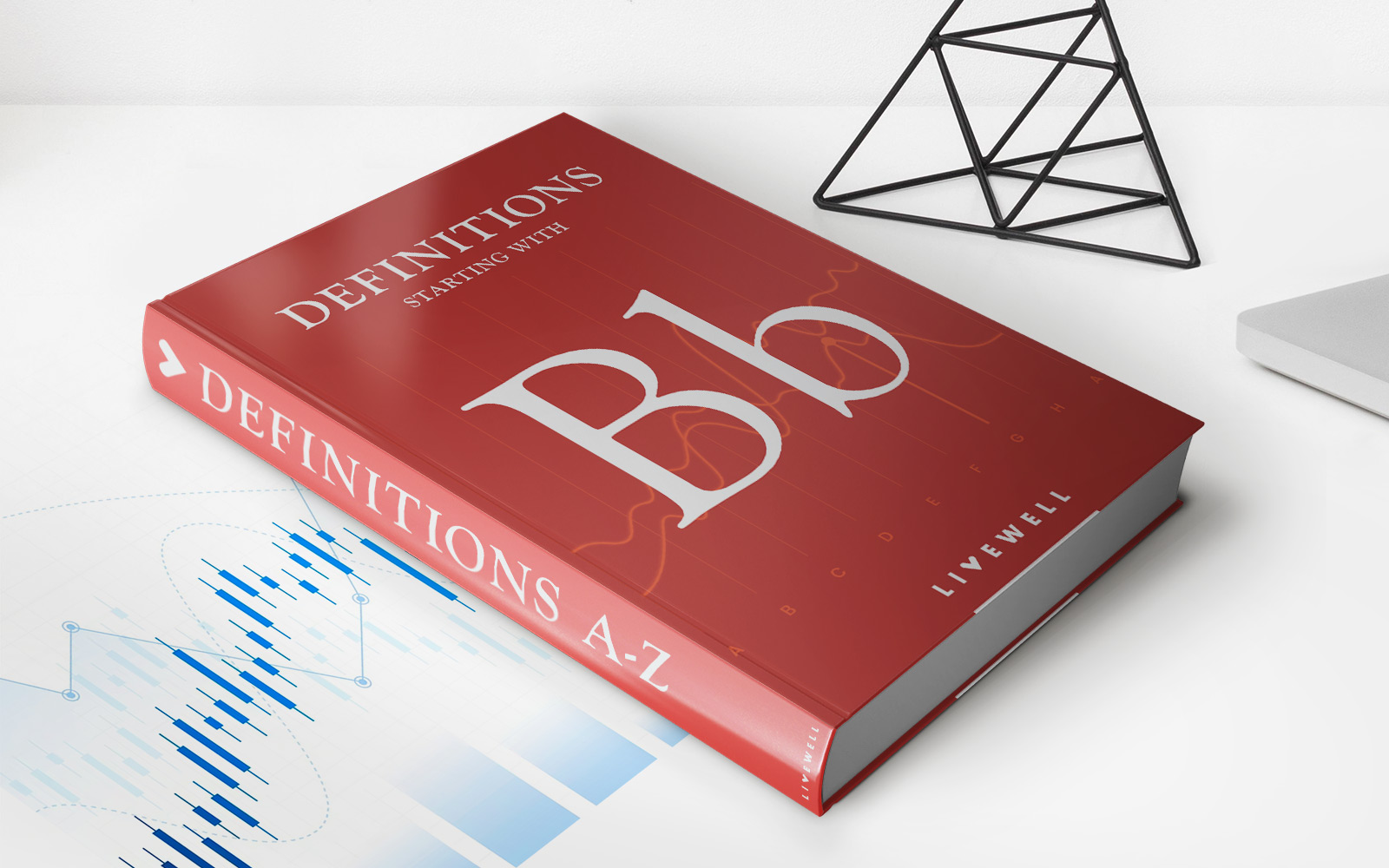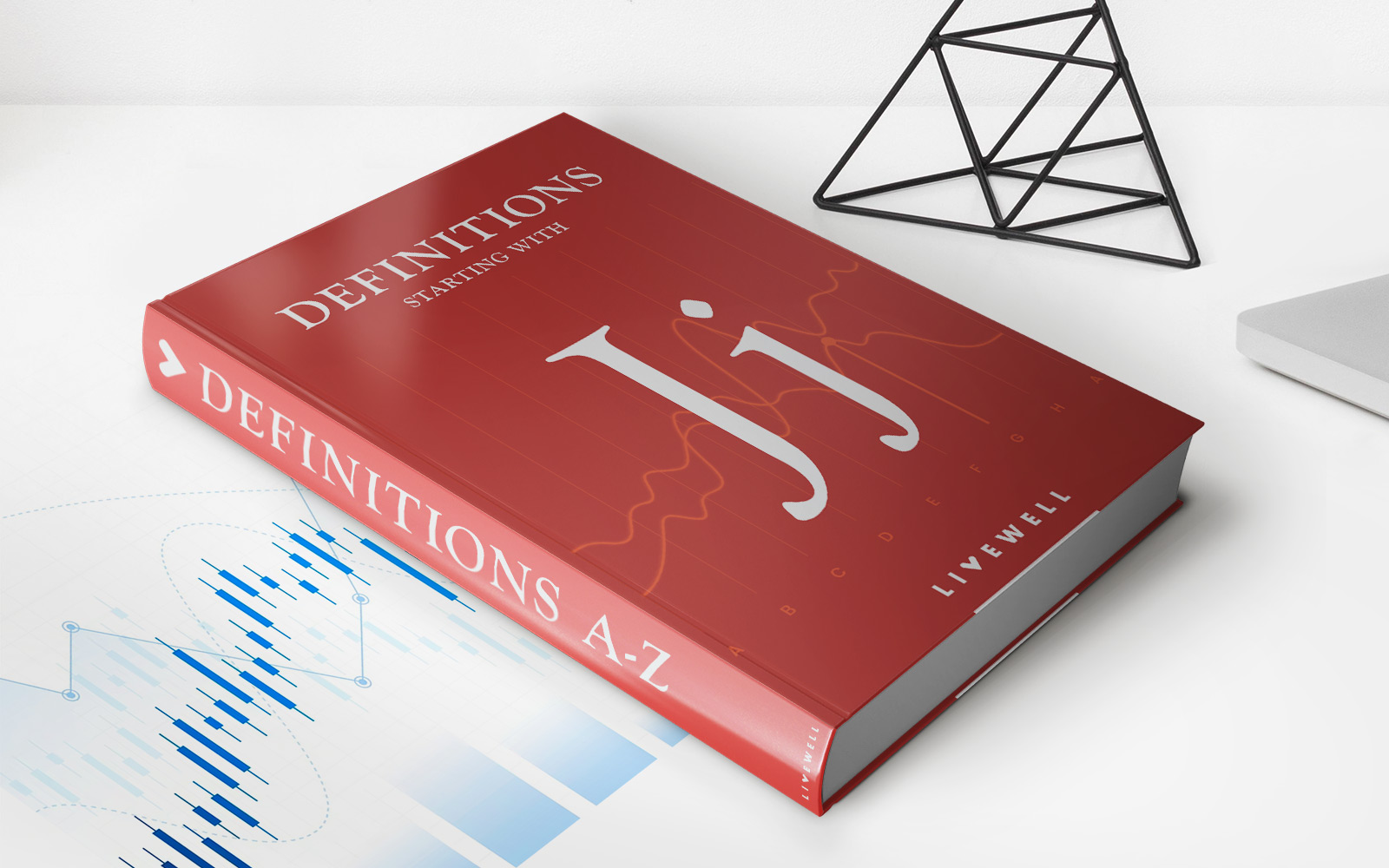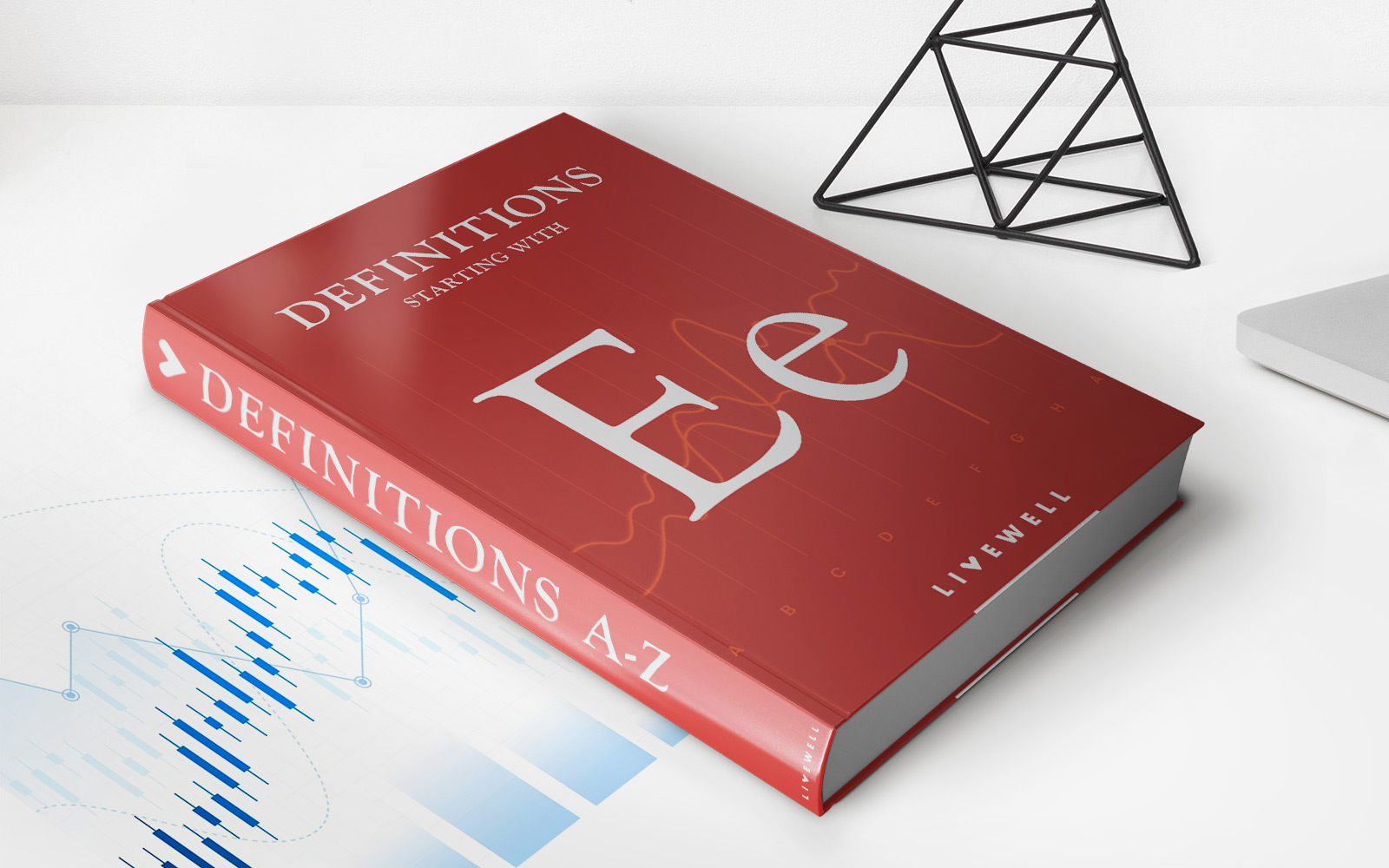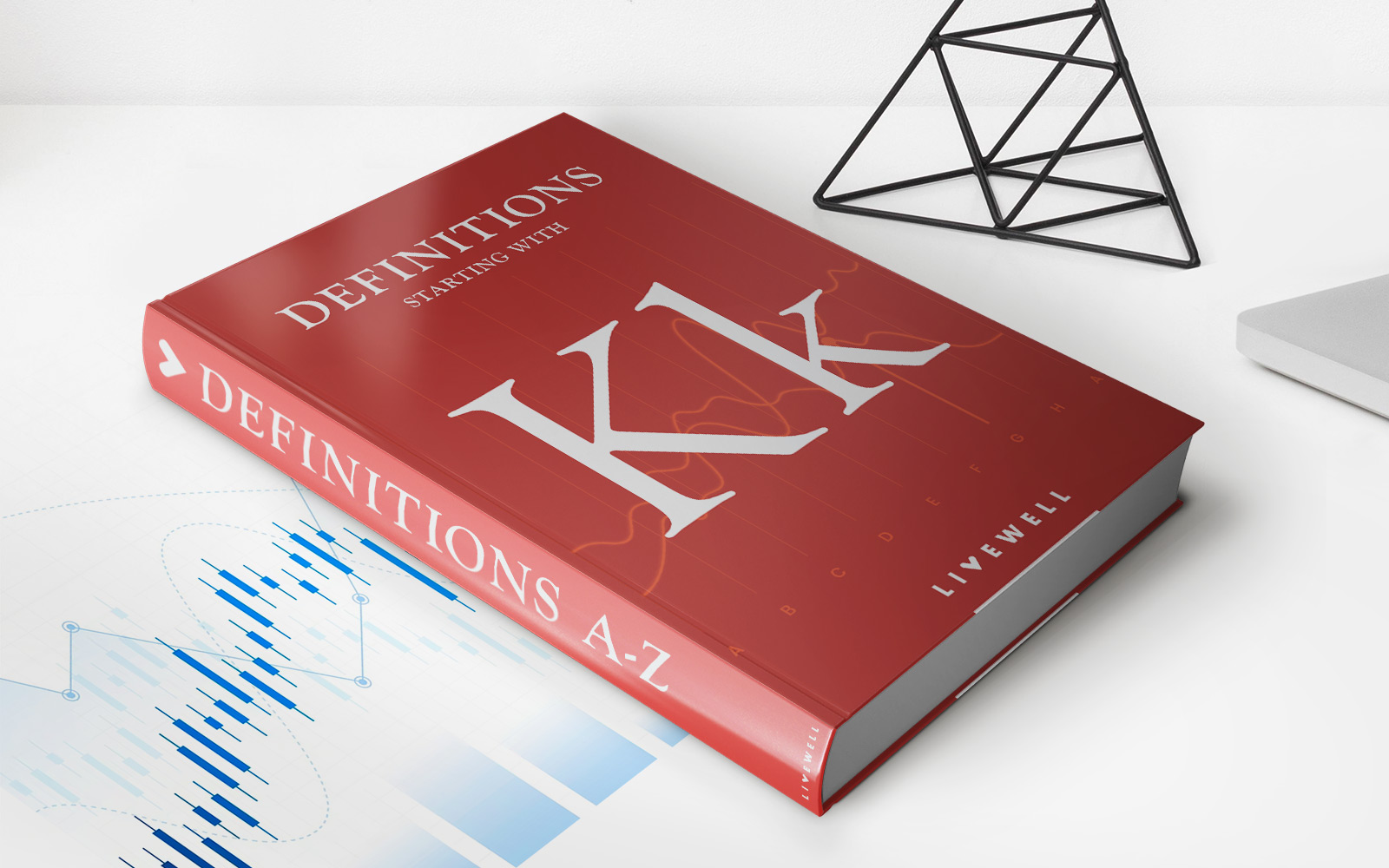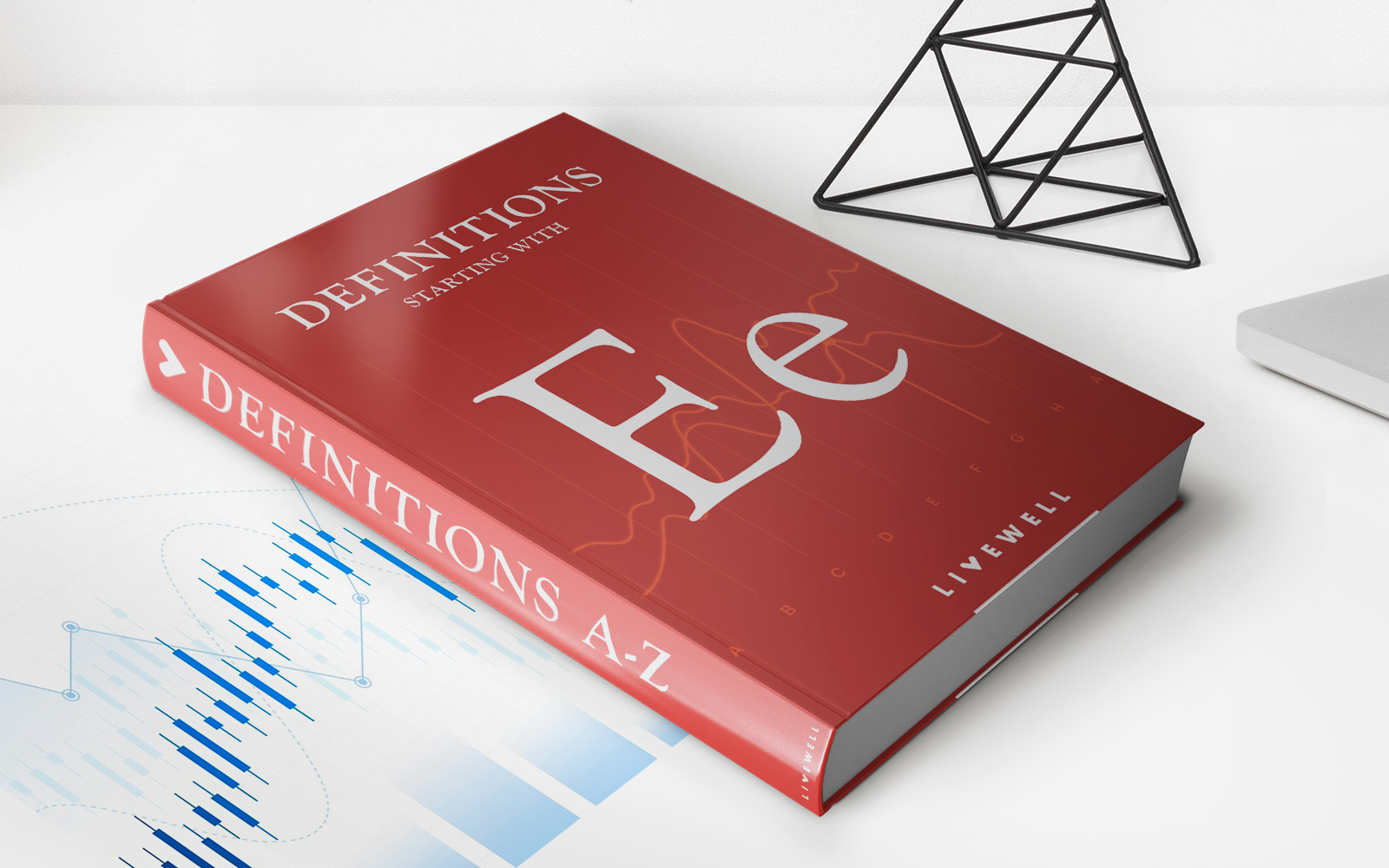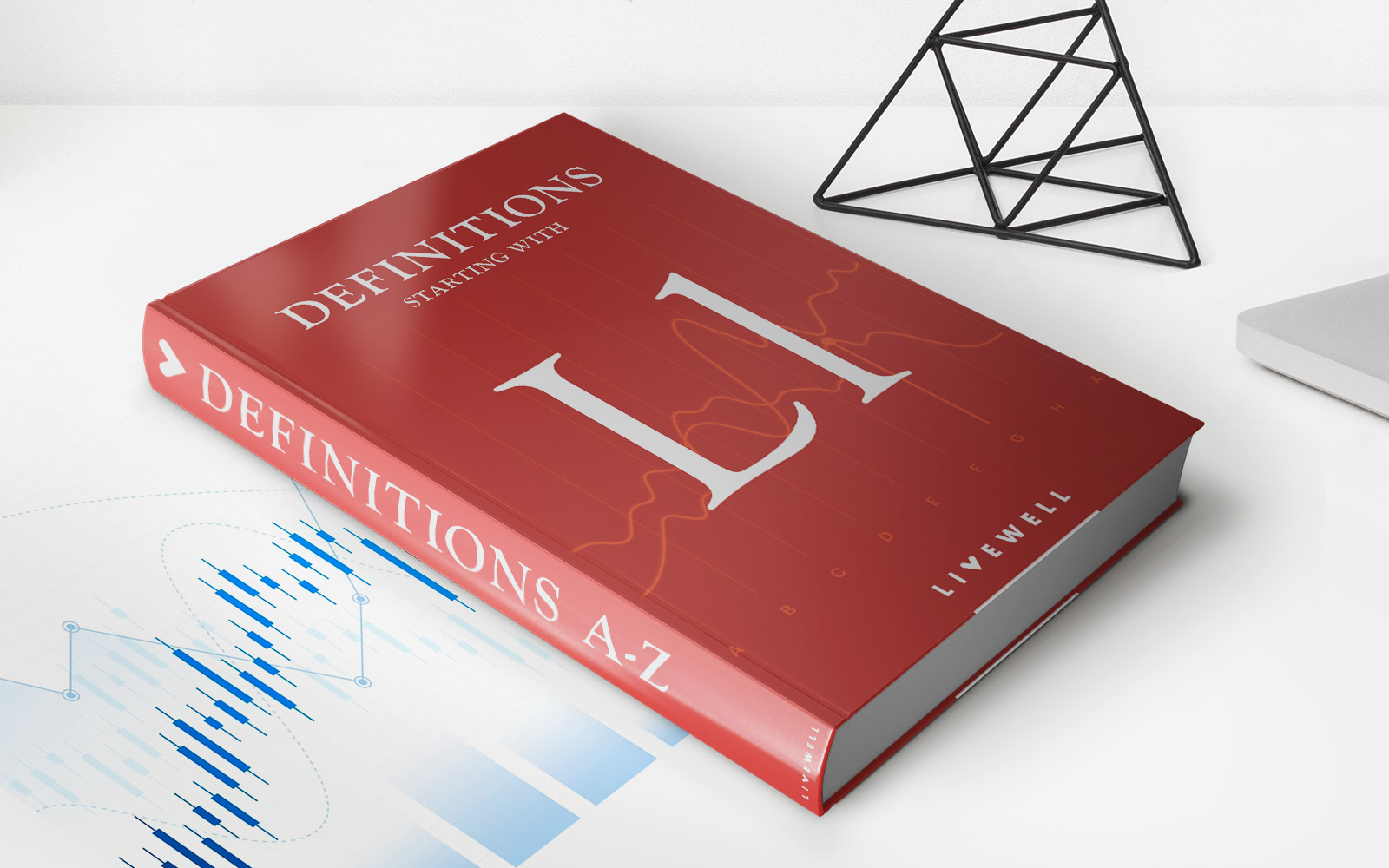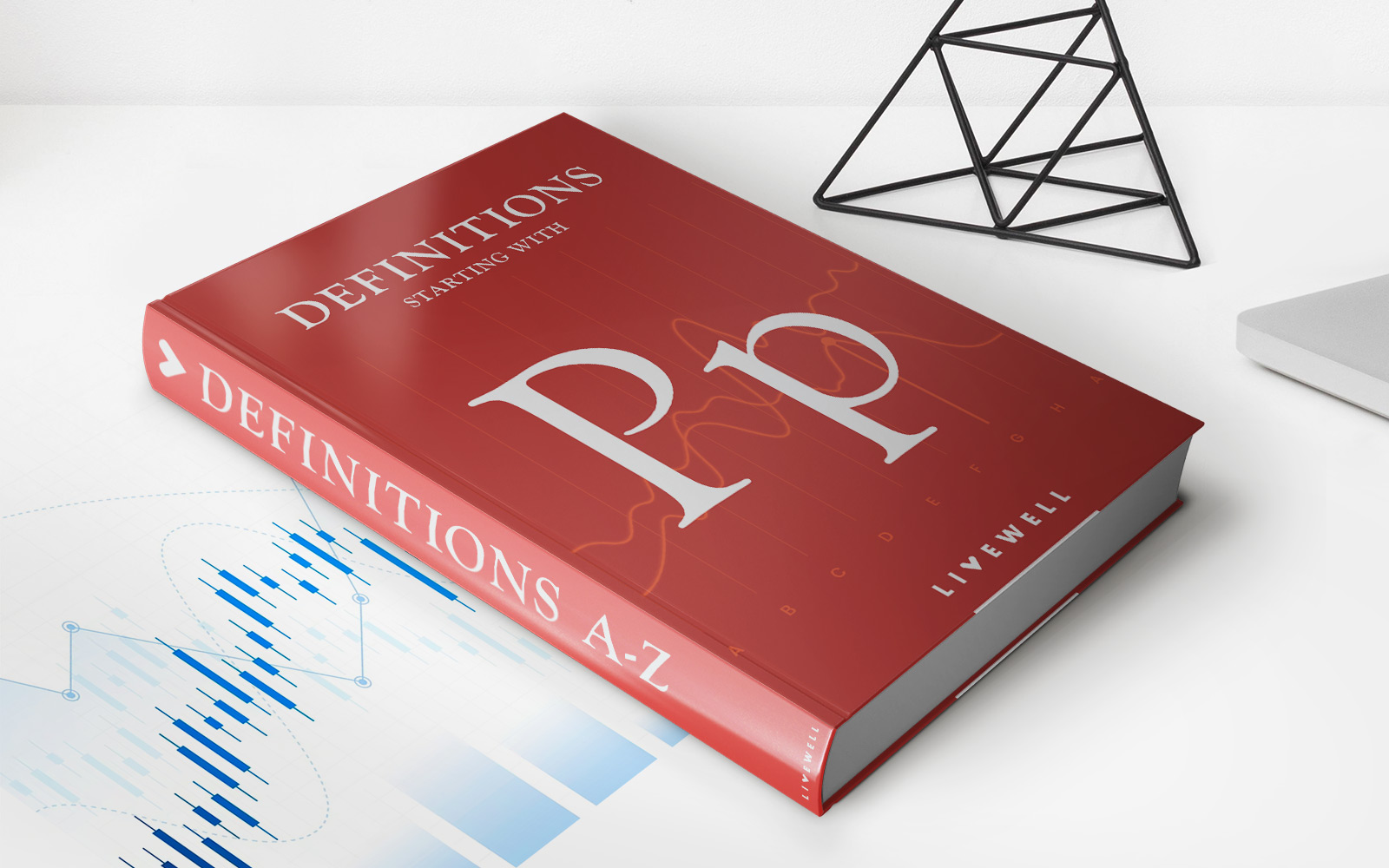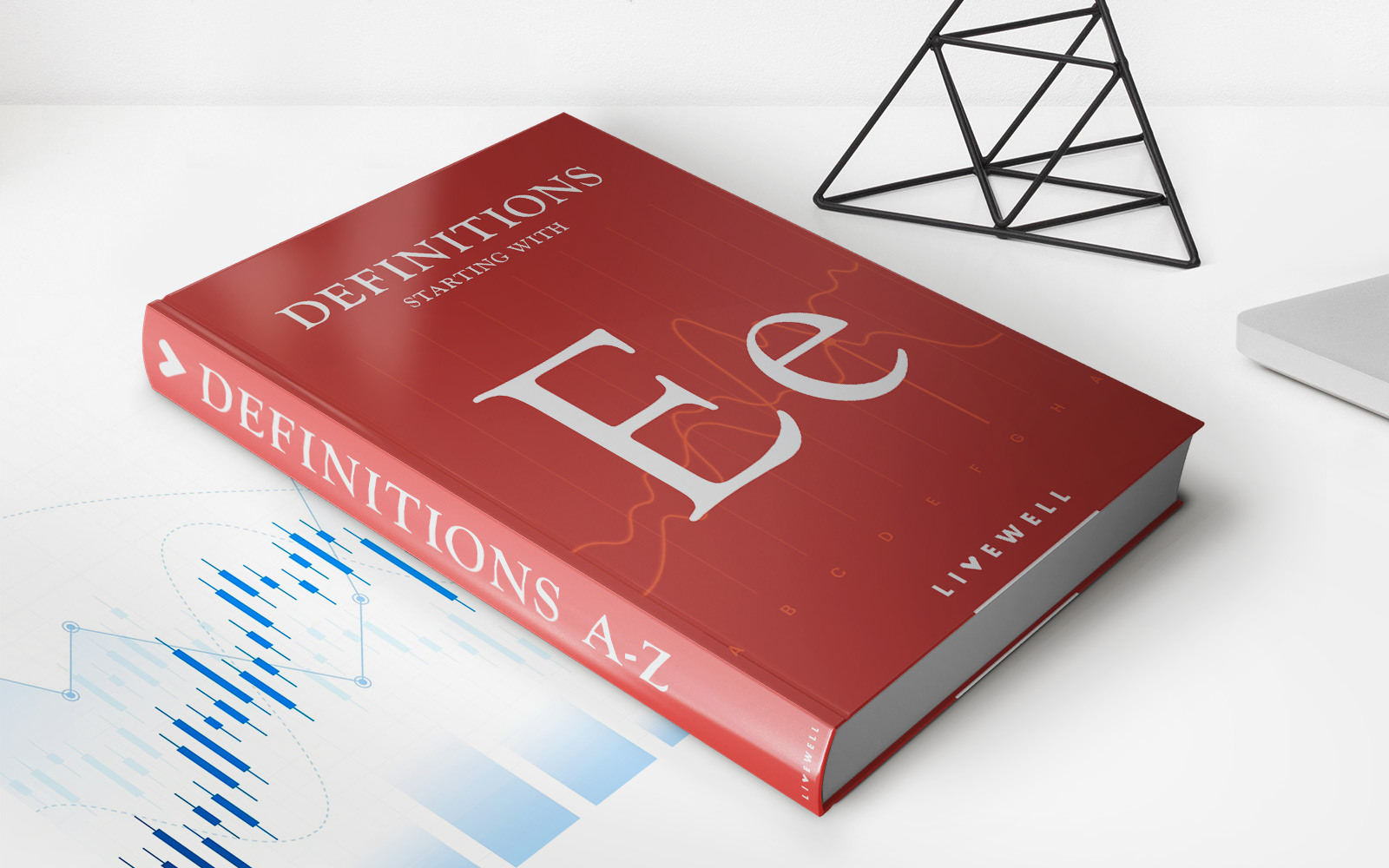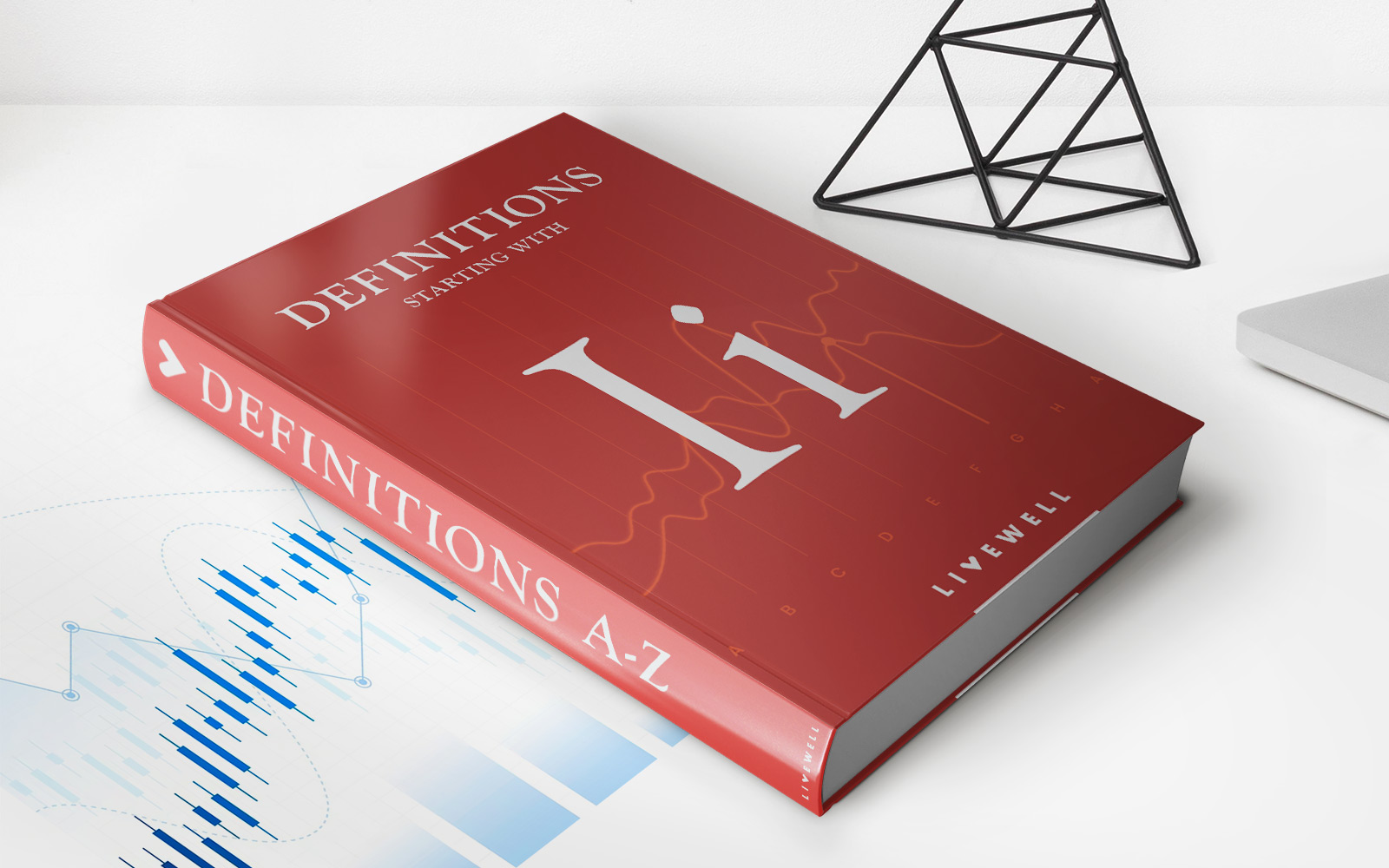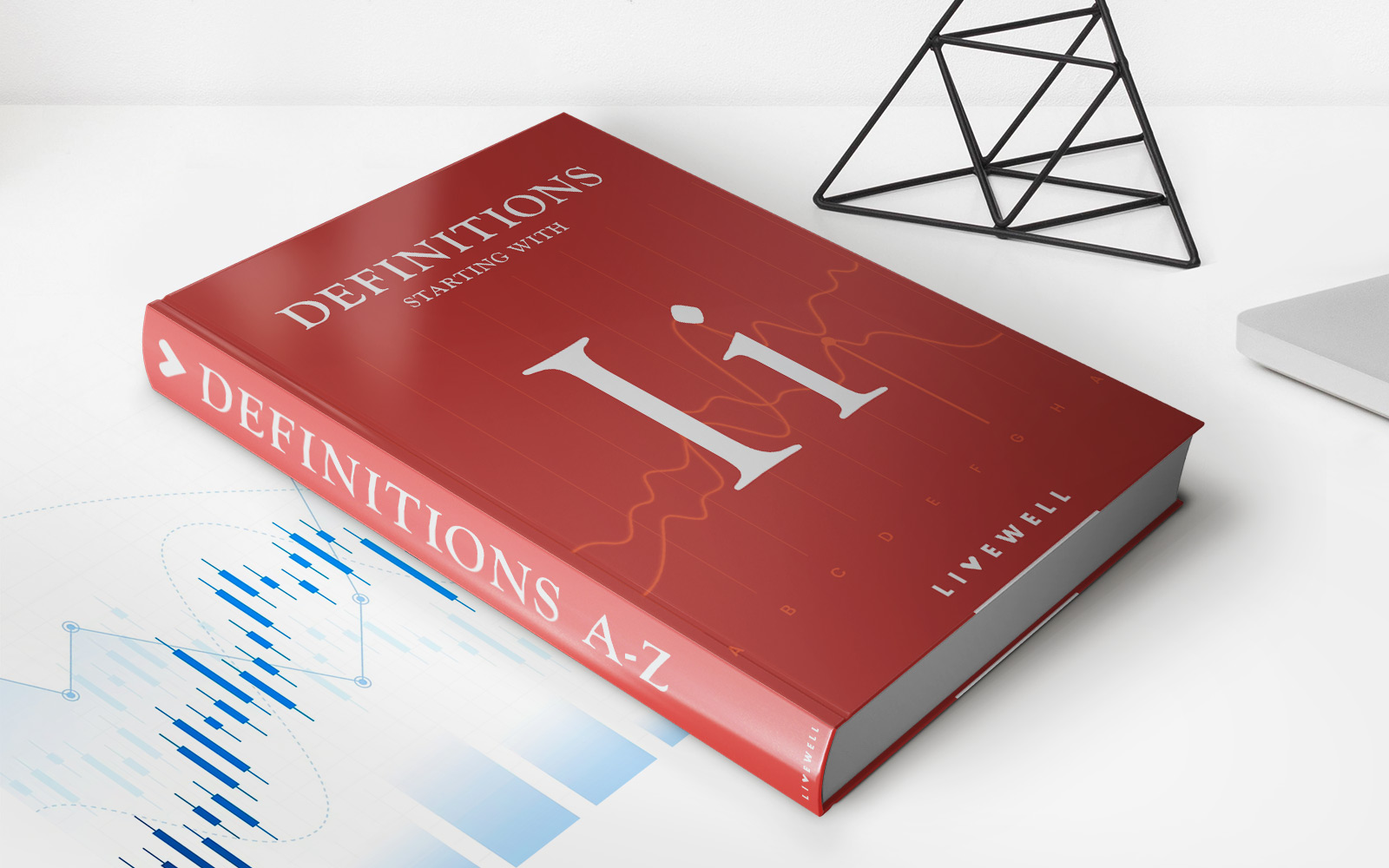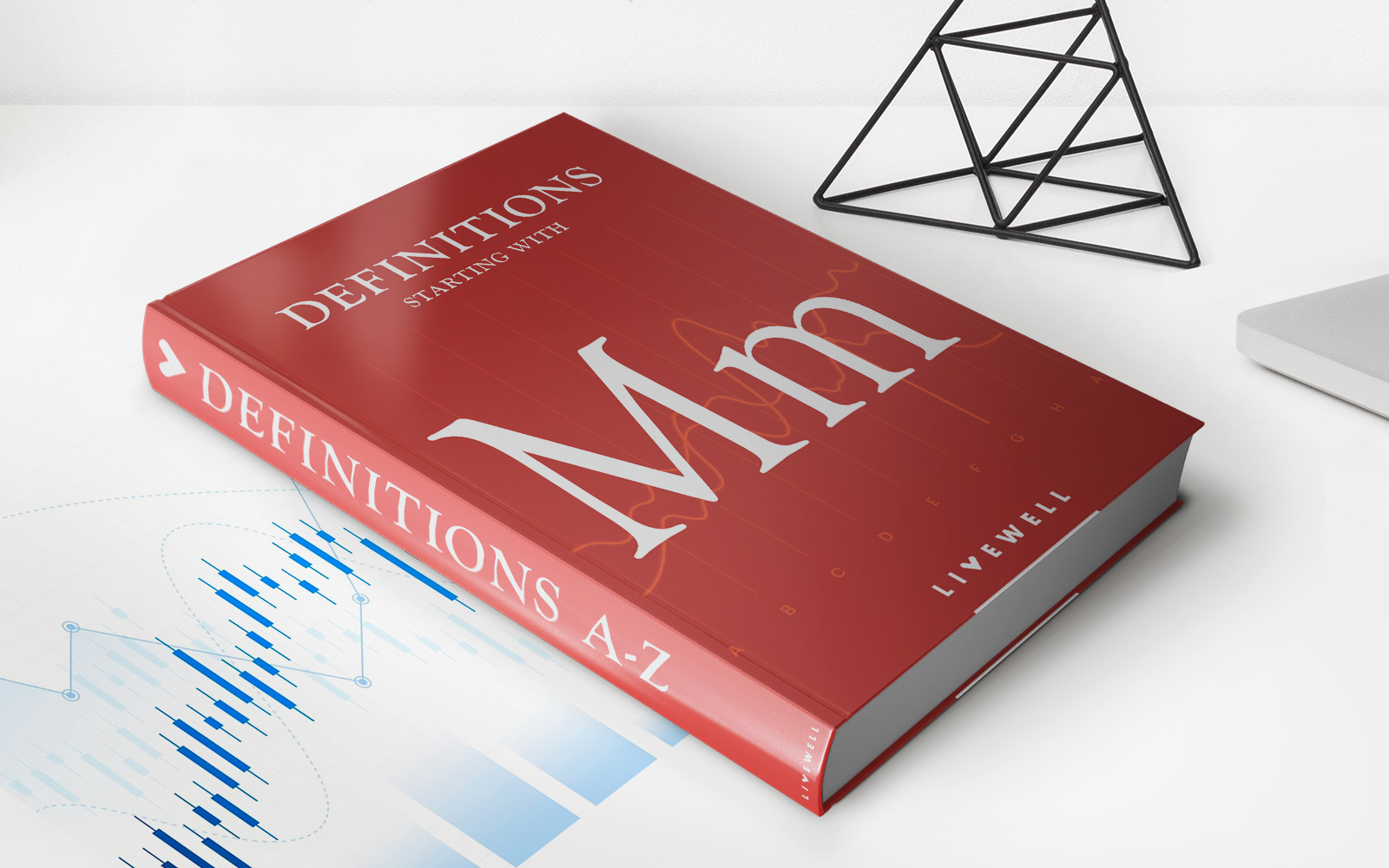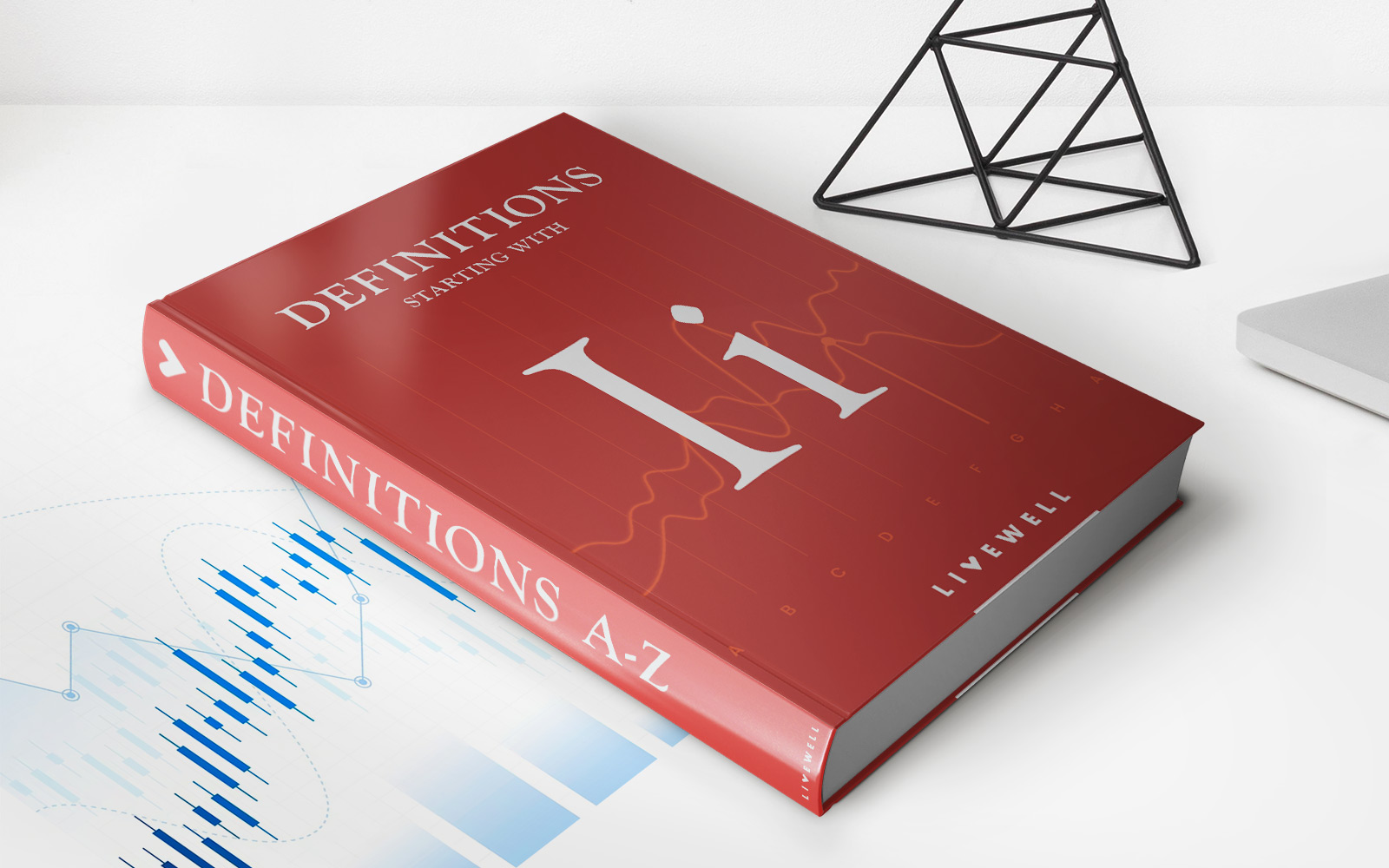Home>Finance>Mathematical Economics: Definition, Uses, And Criticisms
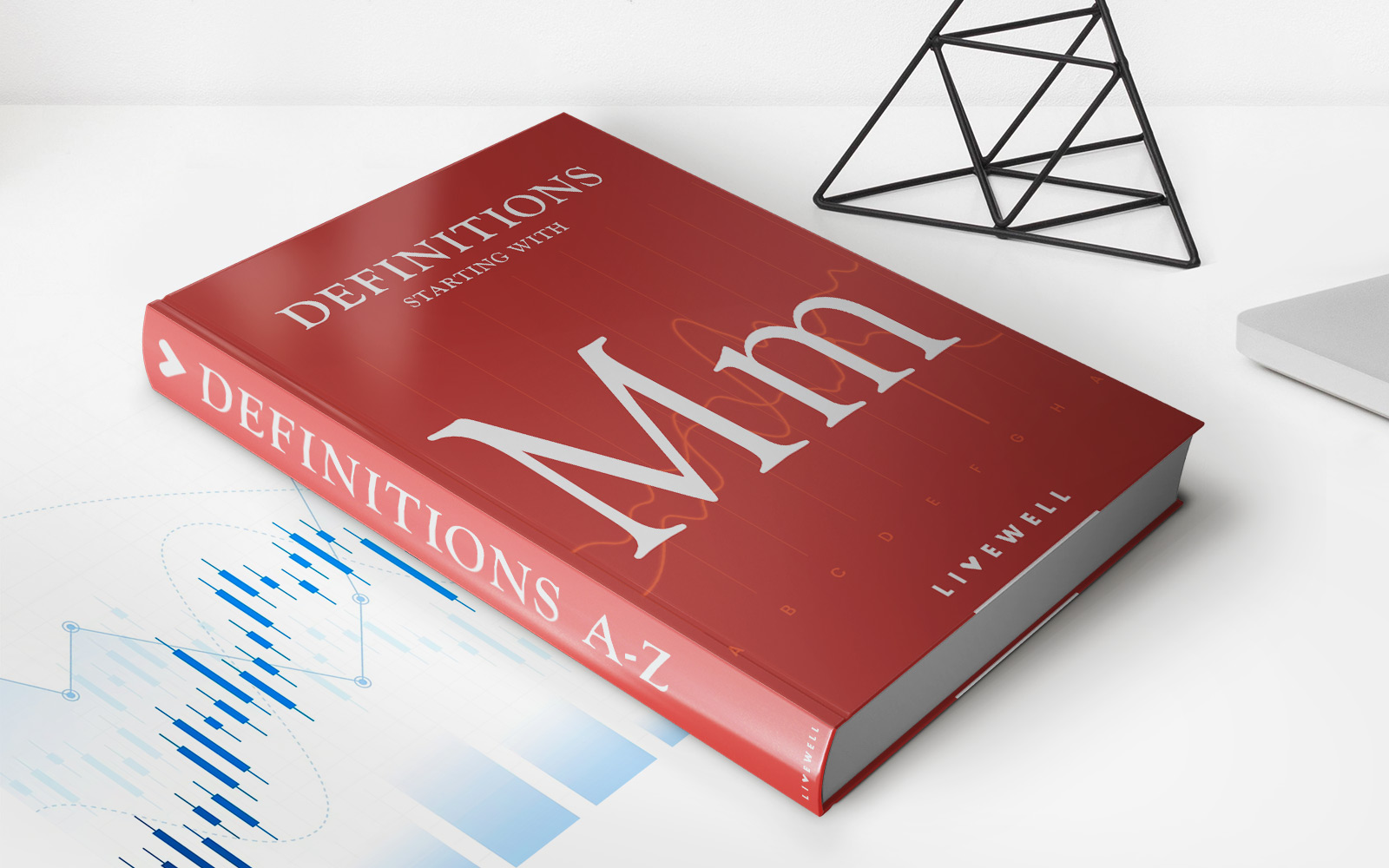

Finance
Mathematical Economics: Definition, Uses, And Criticisms
Published: December 23, 2023
Learn how mathematical economics relates to finance. Discover its applications, benefits, and criticisms for a better understanding of this field.
(Many of the links in this article redirect to a specific reviewed product. Your purchase of these products through affiliate links helps to generate commission for LiveWell, at no extra cost. Learn more)
Unlocking the World of Mathematical Economics
Welcome to the fascinating and intellectually stimulating field of mathematical economics! In this blog post, we will dive deep into the world of mathematical models and explore how they are used to analyze and understand economic phenomena. We will also discuss some common criticisms of this approach. So, strap on your thinking caps and let’s begin!
Key Takeaways:
- Mathematical economics uses mathematical models to study and analyze economic systems.
- It helps economists make predictions, understand complex relationships, and develop policies.
What is Mathematical Economics?
Mathematical economics is a branch of economics that employs mathematical methods to study and analyze economic systems. It involves the application of mathematical models to describe, explain, and predict economic behaviors and outcomes. By using mathematical tools, economists can simplify complex economic phenomena and gain a deeper understanding of the underlying principles.
Uses of Mathematical Economics:
Mathematical economics is widely used in various areas of economics, ranging from microeconomics to macroeconomics. Here are some key uses:
- Developing Economic Models: Mathematical models allow economists to construct simplified representations of economic systems. These models include equations that describe the relationships between different variables. By manipulating these equations, economists can analyze how changes in one variable affect others and make predictions about the behavior of the system as a whole.
- Predicting Economic Outcomes: Through mathematical analysis, economists can make predictions about economic phenomena. They can estimate the impact of policy changes, forecast future trends, and simulate economic scenarios. This helps policymakers, businesses, and individuals make informed decisions based on quantitative evidence.
- Understanding Complex Relationships: Economics deals with complex interdependencies and relationships between various economic factors. Mathematical models provide a framework to understand these intricate connections. They allow economists to identify causal relationships, quantify the effect of different variables, and uncover hidden patterns within economic data.
- Policy Design and Evaluation: Governments and policymakers rely on mathematical economics to design and evaluate economic policies. By using mathematical models, they can simulate the effects of different policy interventions and assess their potential outcomes. This enables policymakers to make more informed decisions and predict the consequences of their actions.
Criticisms of Mathematical Economics:
As with any approach, mathematical economics has its share of criticisms. Some common critiques include:
- Oversimplification: Critics argue that mathematical models often oversimplify the complexity of real-world economic systems. These models may make assumptions that do not accurately reflect the intricacies and uncertainties of the economic world. They may disregard important variables or interactions, leading to inaccurate predictions or policy recommendations.
- Assumptions and Limitations: Mathematical economics relies on a set of assumptions about human behavior and the functioning of markets. These assumptions may not always hold in the real world, leading to flawed conclusions. Additionally, mathematical models have limitations in capturing all aspects of economic phenomena, such as psychological factors or social dynamics.
- Data Limitations: Mathematical models depend on accurate and reliable data for their analysis. However, economic data can be incomplete, inconsistent, or subject to measurement errors. This can affect the accuracy of mathematical models and the reliability of their predictions.
In conclusion, mathematical economics is a powerful tool for analyzing and understanding economic systems. It helps economists simplify complex relationships, make predictions, and develop informed policies. However, it is crucial to acknowledge its limitations and the criticisms associated with its approach. By continuously refining and improving these models, economists can overcome some of the challenges and gain deeper insights into the intricate world of economics.
So, next time you come across a mathematical economic analysis, embrace the calculations and equations, for they hold the keys to unlocking a deeper understanding of our ever-evolving economic world.
